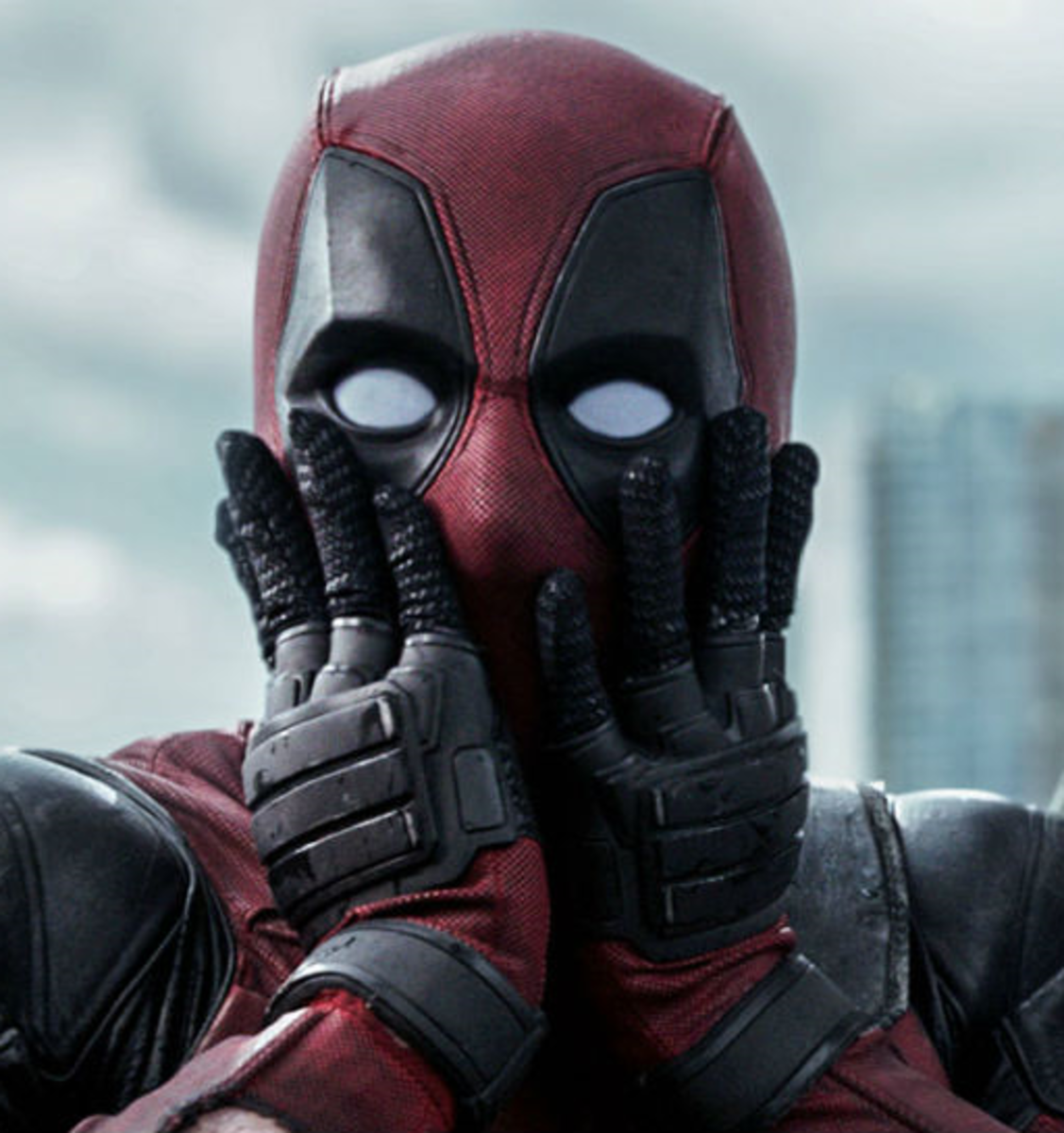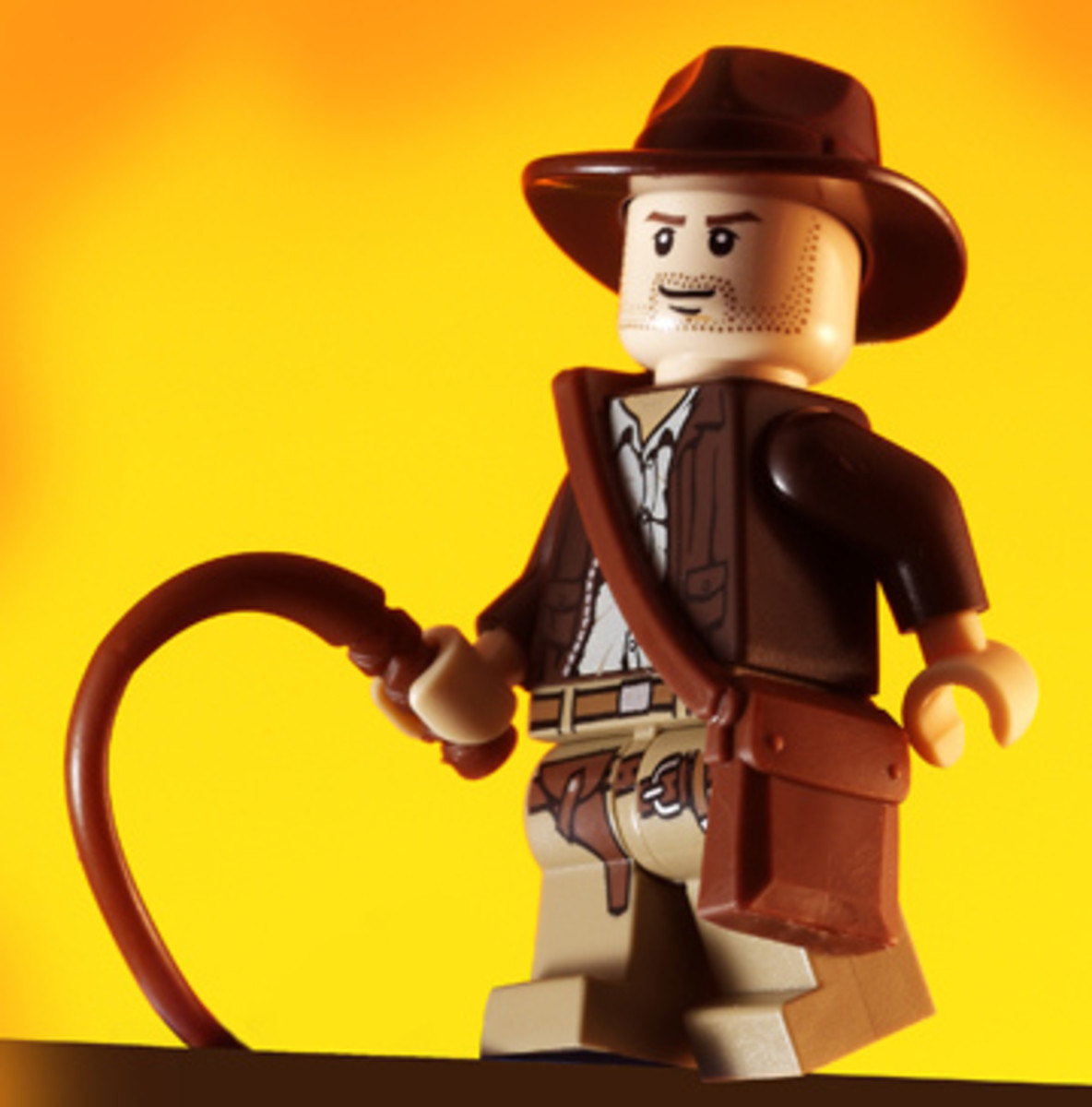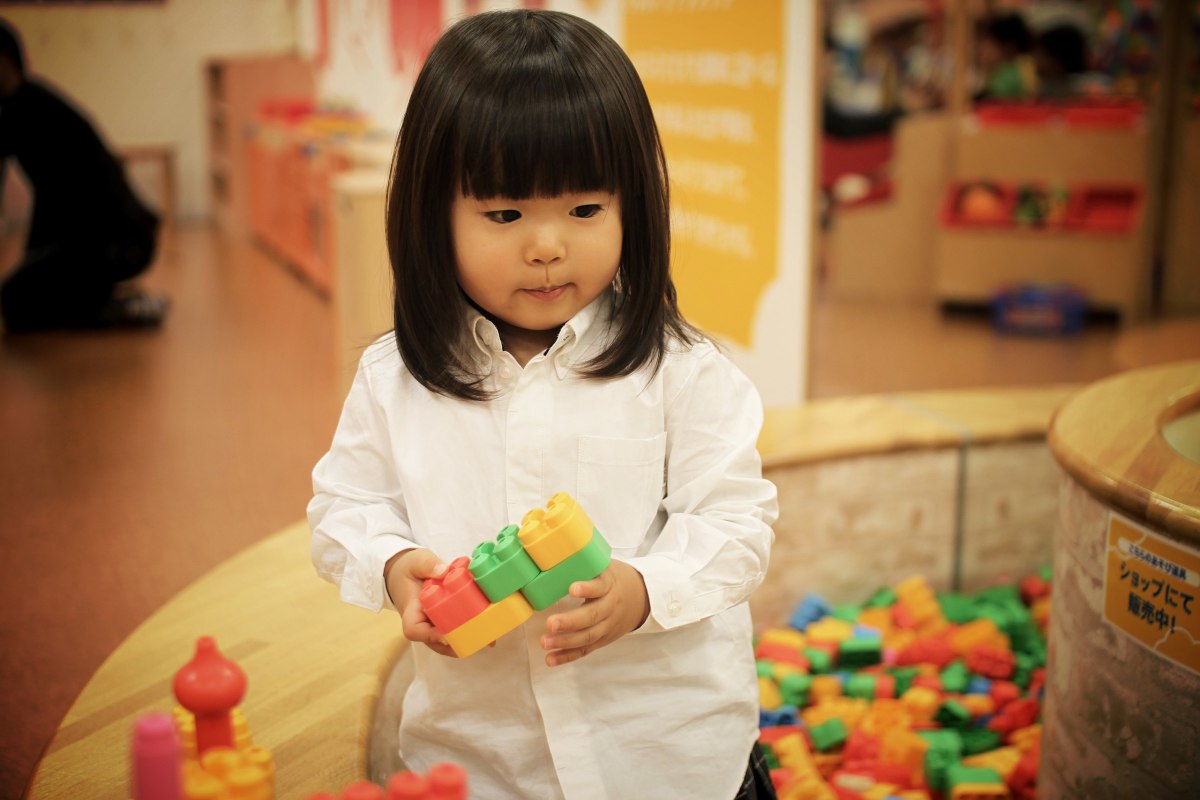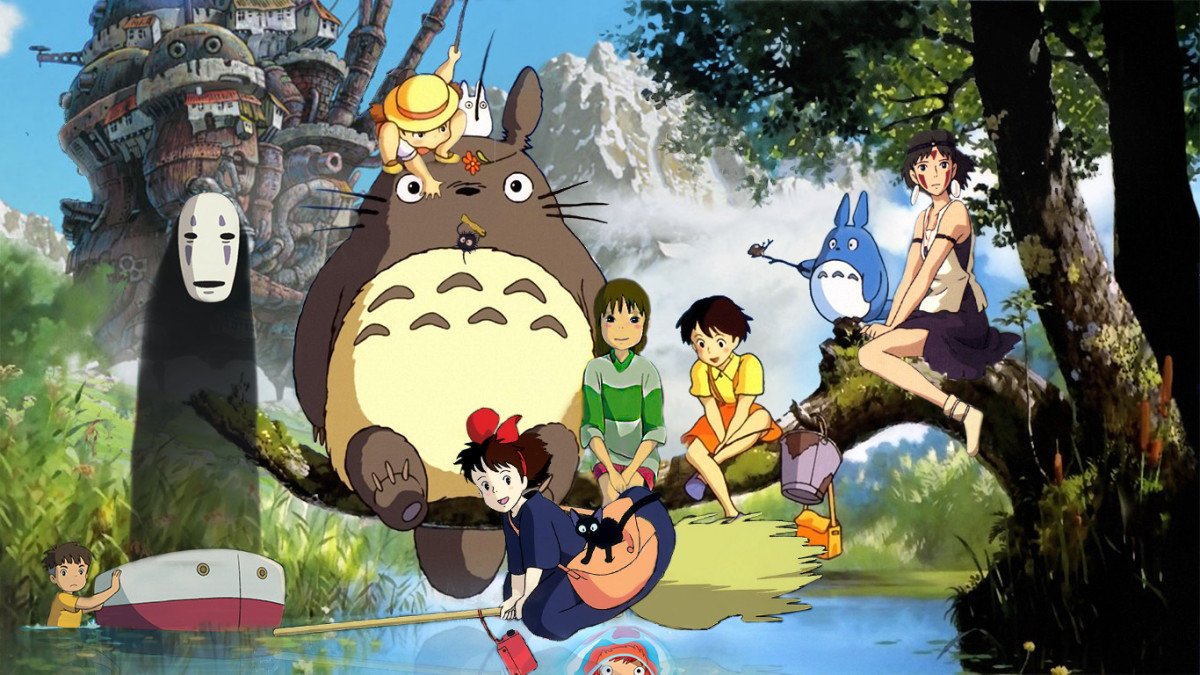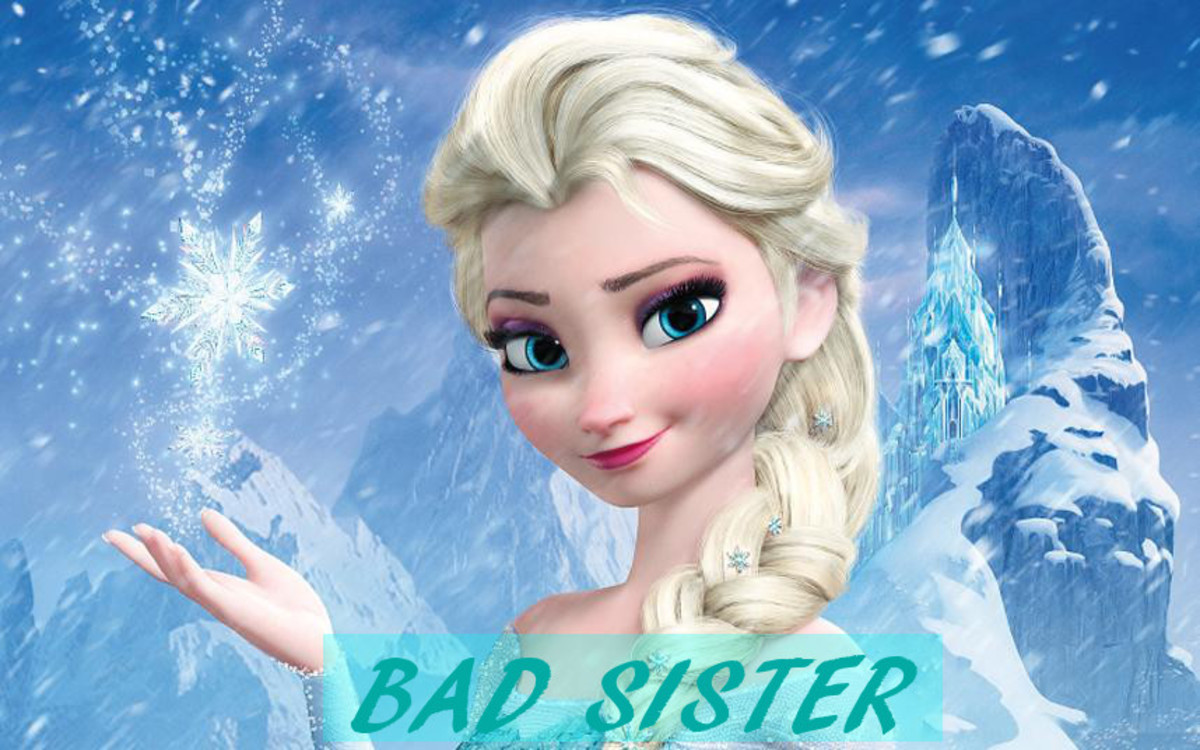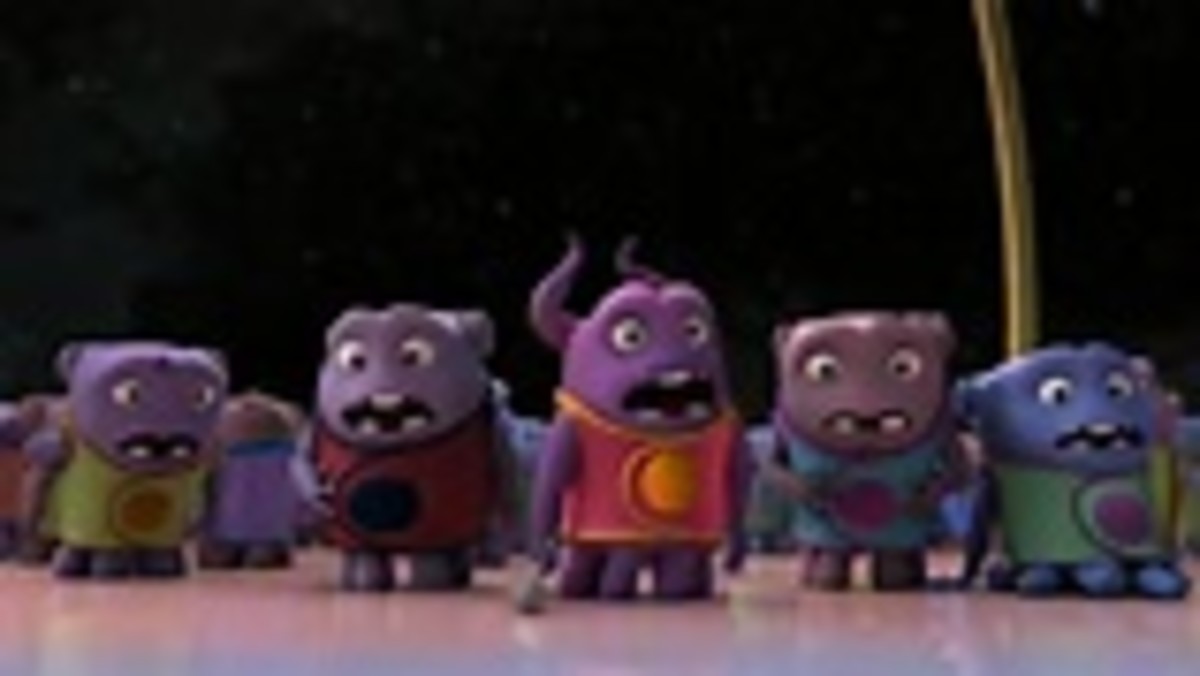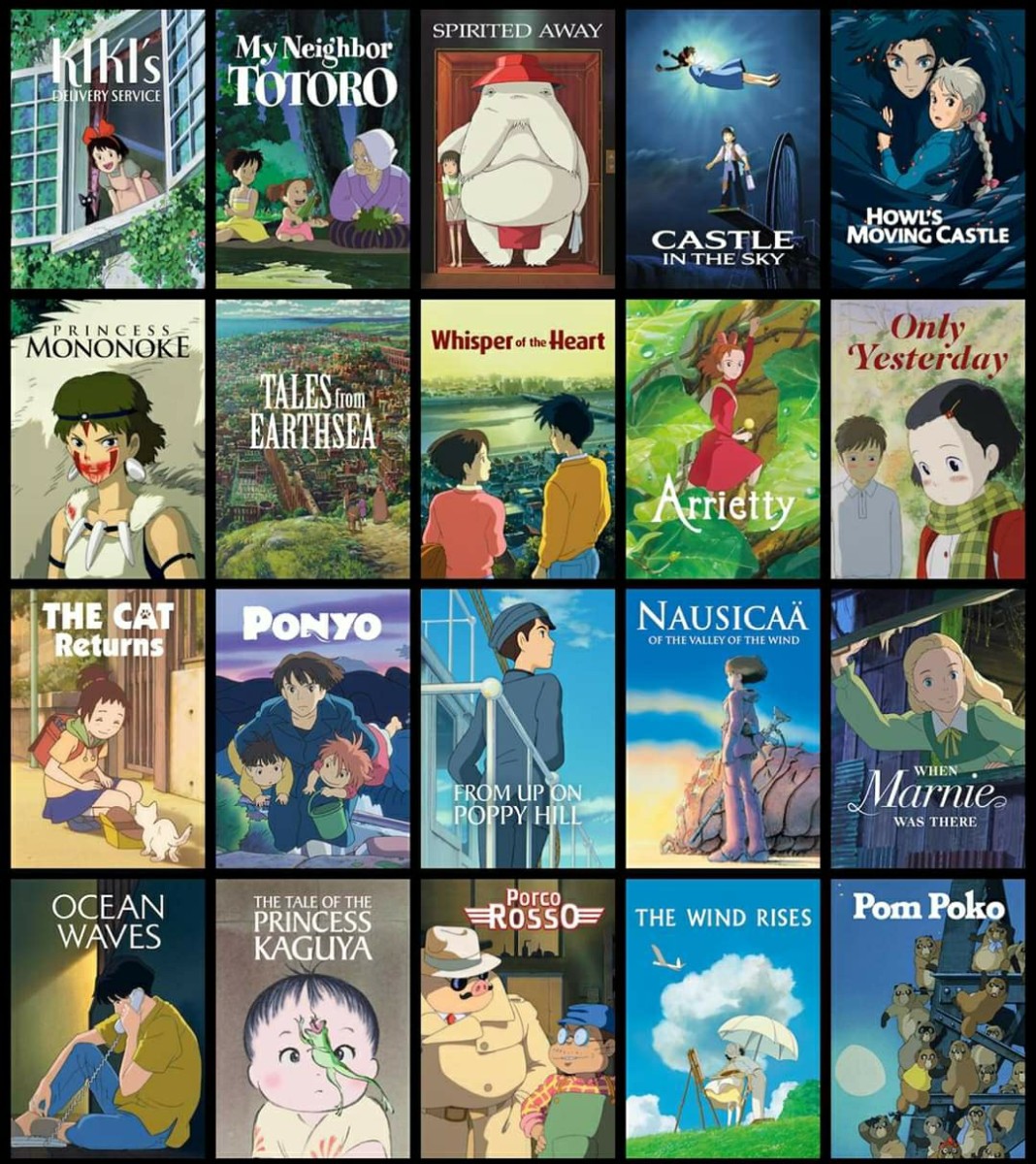The LEGO Movie 2: The Second Part
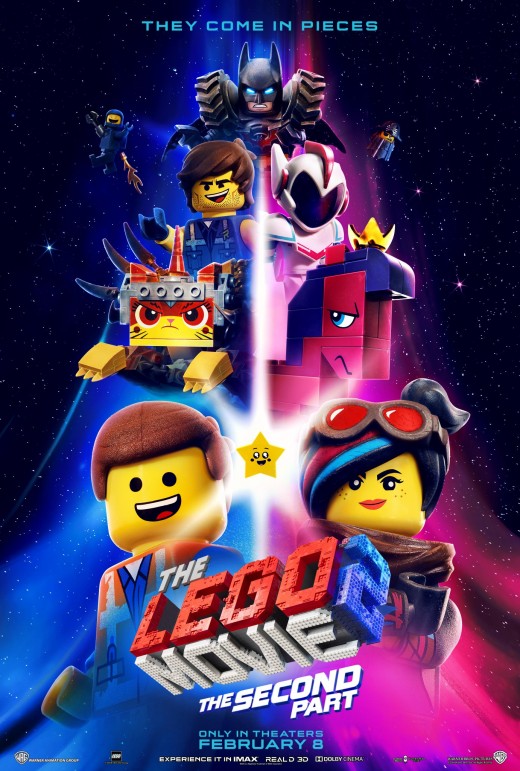
The original LEGO Movie arrived like a bolt out of the blue five years ago. The trailers made it seem like a boilerplate animated family flick that centered around LEGOs, which just sounded like the most commercially-focused, cynical cash grab on the planet. What a relief then that The Lego Movie was not only good, but it was damn near transcendent, teaching its audience a surprisingly heartfelt lesson about embracing creativity and opening up the imagination with a surprise twist that no one saw coming: the whole movie was the product of a child’s imaginative play with his father’s LEGOs. The film turned into a massive hit and spawned a whole cinematic universe of LEGO-centric movies which thus far includes The LEGO Batman Movie and The LEGO Ninjago Movie. This legacy has probably saddled The LEGO Movie 2: The Second Part with the unfair task of trying to outdo its predecessor. And while the film doesn’t quite arrive with the freshness of the last one, it’s still really good nonetheless. And if you want to stop reading and go see the movie now, I won’t mind because this review is going to get a little spoilery from here on out.
OK, here we go: set five years after the Duplo invaders attacked, Bricksburg has turned into a post-apocalyptic wasteland where it’s tough to be happy. But not for Emmet (Christ Pratt), who tries his best to maintain a chipper attitude despite the constant pleas from his girlfriend Lucy AKA Wildstyle (Elizabeth Banks) to “grow up” and constantly brood. But Emmet’s world is turned upside down – well, even more upside down – when the Duplos invade again with General Sweet Mayhem (Stephanie Beatriz) leading the pack. Mayhem kidnaps Lucy, along with Batman (Will Arnett), Unkitty (Allison Brie), MetalBeard (Nick Offerman), and Benny (Charlie Day) and takes them to the Systar System ruled by Queen Whatevra (Tiffany Haddish). So, it’s up to Emmett, along with the mysterious Rex Dangervest (also voiced by Pratt) to rescue Emmet’s friends before the nebulous “Our-Mom-Ageddon”.
The trap that a lot of sequels fall into is just recycling the plot of the first film. And while The LEGO Movie 2 comes close to falling into that trap sometimes, it’s dressed up with enough fresh new twists to not feel like a complete retread. What really separates this movie from its predecessor was the message. While the first movie’s message was about bucking against constraint and letting your imagination run wild with toys, this time around, the message is about the ironic childishness of wanting to be “mature” and “grown-up”, a message which I have been supporting ever since Hollywood decided to make almost every single big-budget blockbuster grim and gritty to pander to the 12-year-old edgelords on the Internet. And this movie is basically a giant f-you to that mentality much in the same way that The LEGO Batman Movie was flipping off people who view Golden Age Batman as some sort of sacrilege. This message about keeping positive rather than striving for so-called “maturity” is a message that I believe we sorely need.
All the technical elements are great as ever: the animation on the LEGOs is still unique, the voice acting from everyone is hilariously superb, and the musical score by Mark Mothersbaugh is rousing. If the film does have one flaw, it’s that maybe the joke-a-minute, rapid-fire comedy can be off-putting to some viewers. Part of why it worked so well the first time around is because that kind of fourth-wall breaking, self-aware humor was sort of a new thing, especially for a kids animated film. Now, we’re kind of used to it. And while it can be annoying to some people, I believe the film has enough emotional pathos to make up for it.
So, bottom line, while The LEGO Movie 2: The Second Part doesn’t quite capture the “Lightning in a Bottle” essence that the first one did – but then again, what can? – it still delivers where it counts and makes for a fun time at the movies! We’re two months in and 2019 already has its first great movie! And to give you an idea of the message of this film, I will end with this quotation from C.S. Lewis:
“Critics who treat 'adult' as a term of approval, instead of as a merely descriptive term, cannot be adult themselves. To be concerned about being grown up, to admire the grown up because it is grown up, to blush at the suspicion of being childish; these things are the marks of childhood and adolescence. And in childhood and adolescence they are, in moderation, healthy symptoms. Young things ought to want to grow. But to carry on into middle life or even into early manhood this concern about being adult is a mark of really arrested development. When I was ten, I read fairy tales in secret and would have been ashamed if I had been found doing so. Now that I am fifty I read them openly. When I became a man I put away childish things, including the fear of childishness and the desire to be very grown up.”

